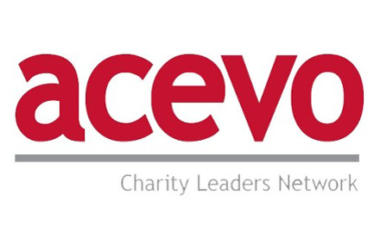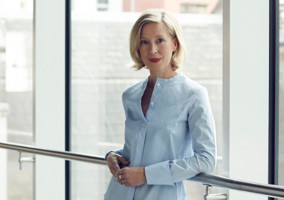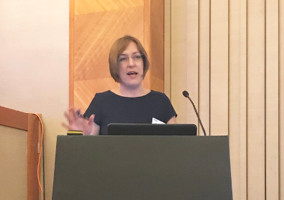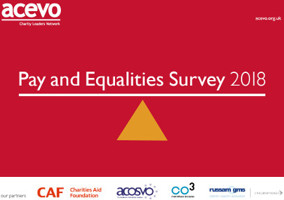Acevo has announced new targets to improve the diversity of its workforce over a five-year period.
The umbrella body plans to improve on its current diversity figures, focusing on redressing gender, BAME and disability imbalances at staff and trustee level.
At the moment 7 per cent of its workforce is male and it plans to increase it to 40 per cent male. It also hopes to increase the proportion of BAME staff from 34 per cent to 40 per cent. It also aims for 20 per cent of the workforce to be disabled; it presently employs zero members of staff in this demographic.
The organisation aims to have the same representation in its trustee board, which is currently 40 per cent male, 27 per cent BAME and 0 per cent disabled.
Acevo has chosen a five-year period to implement these measures as the majority of its 15 staff have worked at the body for less than two years, so it does not estimate a fast turnaround of staff.
For its board of trustees it is aiming to increase representation within a three-year period.
It added that it also hoped to increase the number of LGBT+ staff and hire from a broader socio-economic background. It said they hope to achieve this by attracting more diverse applicants, removing implicit bias in recruitment, and defining talent more broadly. The organisation added that it will provide reasonable adjustments and training to diverse applicants.
The policy report said: “These targets are an accountability mechanism, not a recruitment tool.”
It added: “Acevo will never make a volunteer or staff appointment based upon an individual’s identity: we will always appoint based on knowledge, skills, experience and the potential to develop those skills in role to strengthen our work.”
Acevo will publish data about the demographics of its staff on 31 March every year. It has also published statistics on the diveristy of its members.
Progress update
Last July Acevo made a number of pledges to address diversity issues in the charity sector.
Vicky Browning, chief executive of Acevo, has written a blog for the organisation's website explaining the progress made so far and what the next steps are.
She said: "There is some data in here that I am not proud of, especially that none of our trustees or staff is a disabled person. This shows me and the board that we have a lot of work to do to create a truly accessible organisation."
|












